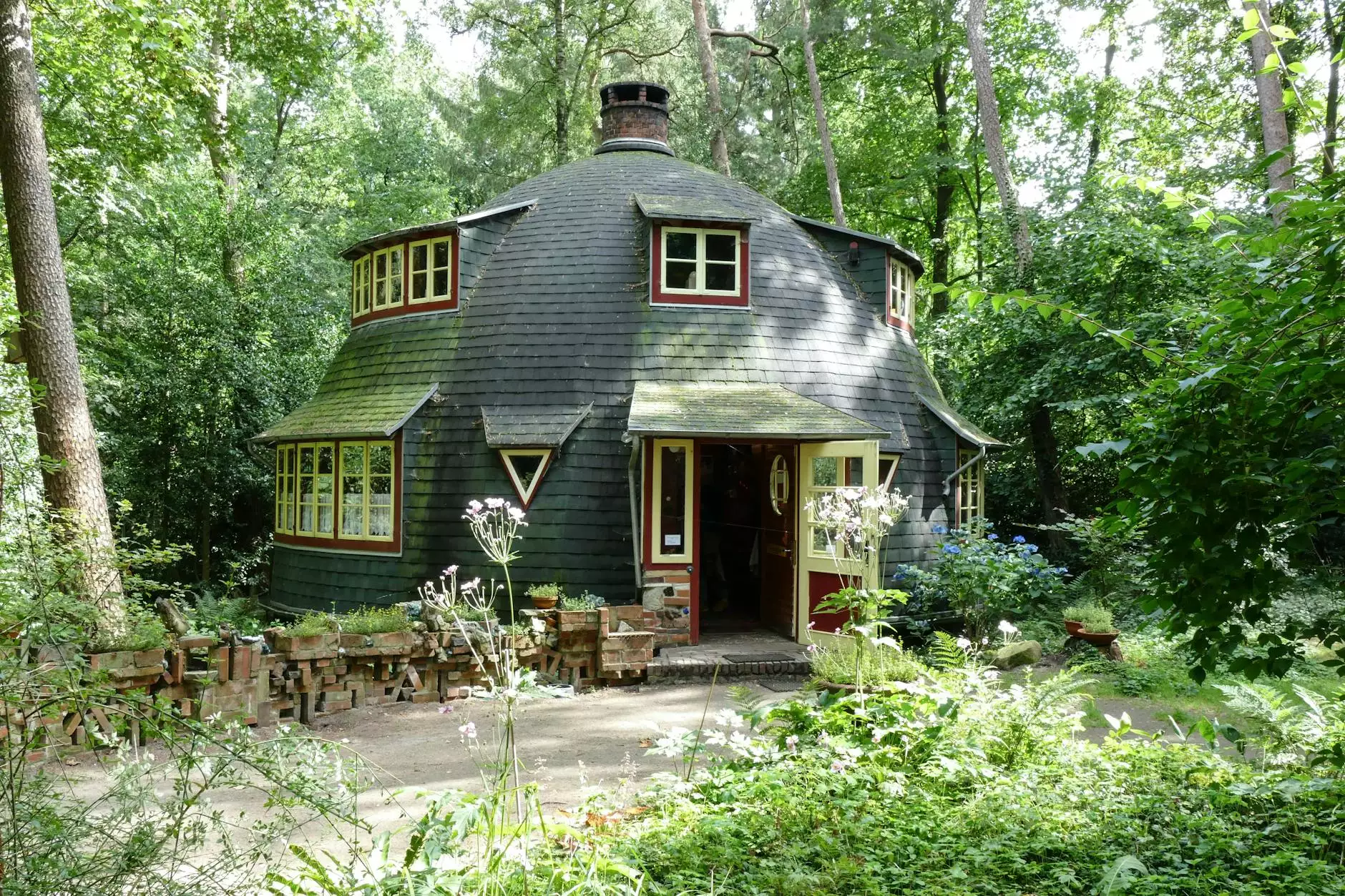Unveiling the Deep Symbolic Meaning of Tulips: A Comprehensive Guide for Gardeners and Floral Enthusiasts

The tulip has captured the human imagination for centuries, symbolizing more than just a beautiful flower. Its vibrant colors, elegant form, and historical significance have solidified its place as an emblem of love, prosperity, and renewal. For gardeners and floral enthusiasts, understanding the tulip symbolic meaning can deepen the connection to this exquisite bloom, inspiring gardening choices and floral arrangements that carry potent messages.
The Rich History of Tulips and Their Symbolism
Originating from the Ottoman Empire, tulips became a *global sensation* during the 16th and 17th centuries, especially in the Netherlands, where their cultivation laid the foundation for modern horticulture. These flowers have long been associated with themes of love, abundance, and beauty. Historically, tulips were so highly prized that they caused a phenomenon known as “tulip mania,” exemplifying their cultural significance.
In many cultures, tulips symbolize renewal because they bloom early in spring, heralding the end of winter and the promise of warmer days. Their enduring appeal is also linked to their metaphorical representation of hope and new beginnings.
Exploring the tulip symbolic meaning in Different Cultures
European Perspectives
In European traditions, especially in the Netherlands, tulips are commonly associated with love and perfect beauty. Historically, different colors of tulips have held nuanced meanings:
- Red tulips: Deep love and passion
- Yellow tulips: Cheerfulness and hope
- Pink tulips: Happiness and affection
- White tulips: Purity and forgiveness
- Purple tulips: Royalty and elegance
Eastern Perspectives
In parts of Asia, tulips are seen as symbols of warmth and prosperity. Their striking appearance is often linked to vitality and a flourishing life. The symbolism here emphasizes growth, luck, and new opportunities, making tulips a popular gift during special occasions.
The Significance of Different Tulip Colors in Garden Planning
When cultivating tulips, understanding their symbolic meanings in relation to colors can influence your garden's message or aesthetic. Here are some key insights:
Red Tulips
As the quintessential symbol of romantic love, red tulips are perfect for gardens dedicated to relationships or as gifts to loved ones.
Yellow Tulips
Representing friendship, happiness, and positivity, yellow tulips can brighten any garden and evoke feelings of warmth and optimism.
Pink Tulips
Pink tulips symbolize grace, happiness, and admiration. They add a gentle touch of elegance and are excellent for celebrations or expressing appreciation.
White Tulips
The color white signifies purity, innocence, and forgiveness. White tulips can create a serene and sophisticated atmosphere in your garden.
Purple Tulips
Sometimes viewed as a symbol of royalty and nobility, purple tulips add a regal charm to floral beds and arrangements.
The Deep Symbolic Layers of Tulips in Floral Arrangements
Choosing tulips for bouquets or garden displays is not merely an aesthetic decision but also a thoughtful act of communication. For example:
- Gifting red tulips conveys a message of passionate love.
- Mixing yellow and pink tulips can express friendship intertwined with admiration.
- Using white tulips in memorial or thank-you arrangements emphasizes sincerity and respect.
Incorporating the Symbolic Meaning of Tulips in Garden Design
Gardeners can design their spaces to reflect symbolic messages through color coordination and flower placement. For instance:
- Plant red tulips at the entrance to symbolize love as guests arrive.
- Use yellow tulips in sunlit borders to invoke joy and energy.
- Create a tranquil corner with white tulips for reflection and peace.
Integrating tulips with other symbolic plants can deepen the narrative of your garden, transforming it into a living story of emotions and aspirations.
The Practical Guide to Growing Tulips for Maximum Symbolic Impact
Choosing the Right Tulip Varieties
There are thousands of tulip varieties, each with unique hues and forms. To maximize symbolic impact, select varieties that match the feelings you wish to evoke. Popular options include:
- Darwin Hybrid Tulips: Bold and resilient, ideal for strong statements.
- Parrot Tulips: Unique, ruffled petals symbolizing individuality and vibrancy.
- Single Early Tulips: Classic and versatile, symbolizing life's simple pleasures.
Optimal Planting Techniques for Gardeners
Plant tulips in well-drained soil with ample sunlight to ensure vibrant blooms. For symbolic intentions, consider planting at specific times or locations that align with your messaging, such as:
- Right before festive seasons to symbolize renewal and celebration.
- In dedicated flower beds expressing love or admiration through color.
- Near pathways or entryways to greet visitors with symbolism of positivity and welcome.
Caring Tips to Preserve Their Meaning and Beauty
Proper maintenance ensures your tulips remain vibrant, allowing their symbolic message to be sustained throughout the blooming period:
- Water consistently but avoid overwatering.
- Apply mulch to retain moisture and protect against extreme weather.
- Allow the foliage to die back naturally to nourish bulbs for future growth.
- Consider planting bulbs in clusters for a more dramatic symbolic effect.
Why Tulips Are the Perfect Flower for Sentimental and Business Celebrations
In addition to their rich symbolism, tulips are versatile and suitable for various celebrations, whether personal milestones, corporate events, or special launches. Their adaptability and broad palette make them ideal for conveying nuanced messages without words.
Business Gifting and Branding
Flowers like tulips can be incorporated into corporate branding by selecting colors that align with company values. For example, a brand emphasizing innovation and optimism might favor yellow tulips, whereas a luxury brand may opt for purple tulips to evoke elegance.
Final Thoughts: The Eternal Charm and Significance of Tulips
The tulip symbolic meaning is profoundly rooted in history, culture, and human emotion. From representing love and passion to signifying renewal and peace, tulips are a flower that communicates powerful messages across borders and generations. For gardeners, they offer not only aesthetic pleasure but also an opportunity to craft living expressions of their sentiments and aspirations.
Whether cultivated in a personal garden or used as a centerpiece in a celebration, tulips transcend mere beauty to become carriers of meaningful stories. Embracing their symbolism can enhance both your horticultural endeavors and your capacity to express heartfelt emotions through floral art.
Let your garden be a reflection of your deepest feelings and hopes—plant tulips with intention, and watch how they bloom into timeless symbols that speak across cultures and eras.









